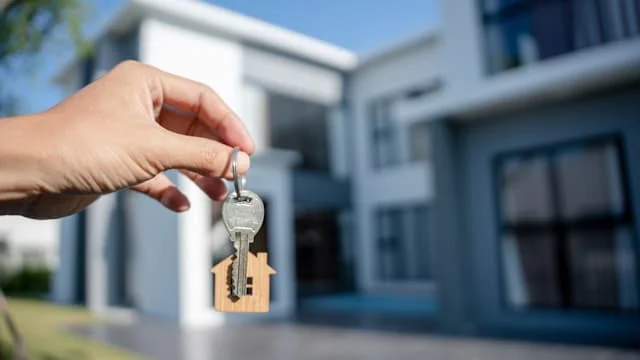
Could Granny Flats Solve Florida’s Housing Problem? Lawmakers Seem to Think So
In an effort to address Florida's escalating housing crisis, state lawmakers are turning their attention to a unique solution: granny flats. These small, accessory dwelling units (ADUs) traditionally used to house extended family members, are now being considered as a potential way to increase the state's housing supply.
On March 12, 2025, Florida's legislative body introduced a bill that would ease restrictions on building granny flats, aiming to make it more feasible for homeowners to construct these units on their properties. The proposed legislation would override local zoning laws that currently limit or outright ban the construction of ADUs in certain areas, thereby encouraging their proliferation across the state.
Proponents of the bill argue that granny flats could provide much-needed affordable housing options, especially in urban areas where space is at a premium. By allowing homeowners to build additional units, the state could see an increase in rental properties, potentially easing the strain on the housing market.
However, the move has sparked debate among residents and local governments. Critics worry about the impact on neighborhood aesthetics and the potential for increased traffic and noise. There are also concerns about whether the new units will truly remain affordable or if they'll be snapped up by investors looking to capitalize on the rental market.
Despite the controversy, the bill has garnered support from housing advocates and some city officials who see granny flats as a practical solution to Florida's housing woes. As the legislative session progresses, it remains to be seen whether this innovative approach to housing will become law, and if it will indeed help to solve the Sunshine State's housing problem.
